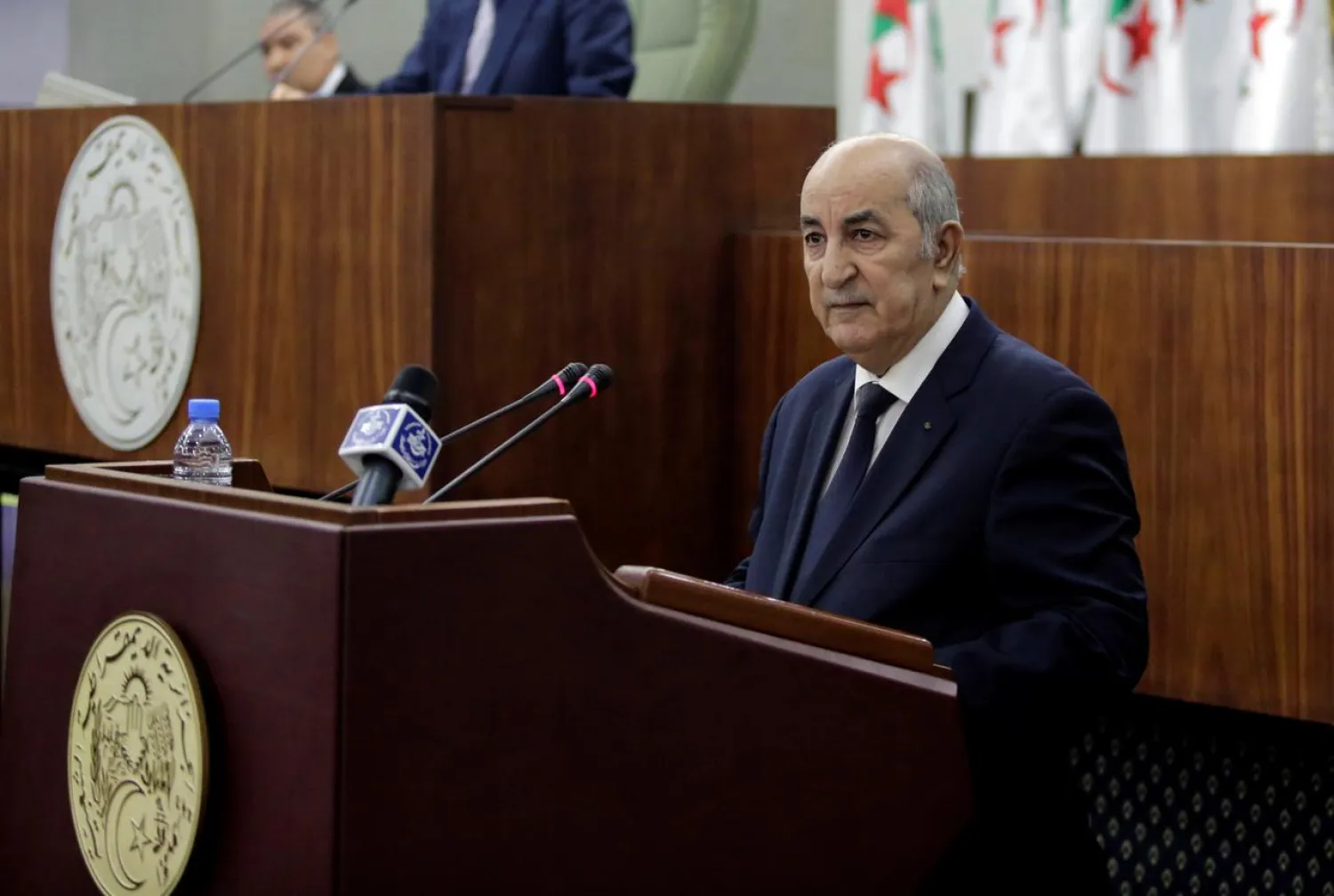Algerian parties have demanded guarantees to ensure the integrity of the referendum on the revised constitution which, according to President Abdelmadjid Tebboune’s office, will be held on November 1.
After "consultations with the parties concerned, it was decided to set the date of 1 November 2020 for the referendum on the draft revision of the Constitution", the presidency said on Monday evening.
The amendment angered a number of parties that criticized the president for holding wide powers, and the presidency responded by affirming that the society is not prepared for a change in governance.
The Islamist Bina Movement said the referendum on the constitution to be free is an opportunity to perpetuate the beginning of the true democratic transition.
The head of the movement, Abdelkader Bengrina, issued a statement Tuesday saying the new constitution could restore people's confidence in institutions and help overcome the country’s multiple crises.
Bengrina indicated that this will be a real breakthrough for establishing state institutions that the Algerians want, through reinforcing the elements of the nation’s identity, as well as enhancing national unity and strengthening the social entity.
Bengrina, who ran for the presidency at the end of last year, indicated that the preliminary draft amendment to the constitution is expected to be based on proposals submitted by the political parties, associations, civil society organizations and national figures.
He indicated that it should also meet the aspirations of the Algerian people to establish constitutional rules, freedom, democracy, social justice and development.
Meanwhile, president of the Movement of Society for Peace Abderrazak Makri said in a party meeting that he wished the presidency held a dialogue between social components about the draft before submitting it for a referendum.
He indicated that this would ensure a consensual constitution based on the principle of maintaining identity elements represented in religion, language, freedoms and democracy.
The new constitution would give the prime minister and parliament more powers to govern the country of 45 million people, a draft released earlier this year showed.
The draft also creates a new position for the vice president, and replaces the “first minister” with a prime minister appointed by the president, and not named by a parliamentary majority. It excluded the Minister of Justice and the President of the Supreme Court from the formation of the Supreme Judicial Council.
It also included the prohibition of more than two consecutive or separate presidential terms, and limited the parliamentary mandate to only two terms.
The President pledged to dissolve the parliament as well as municipal and state councils after the referendum.
The document constitutionally establishes the popular movement that broke out on February 22 last year and led to president Abdelaziz Bouteflika's resignation.









